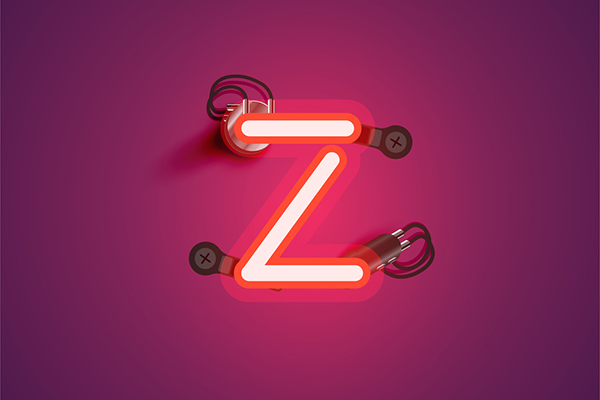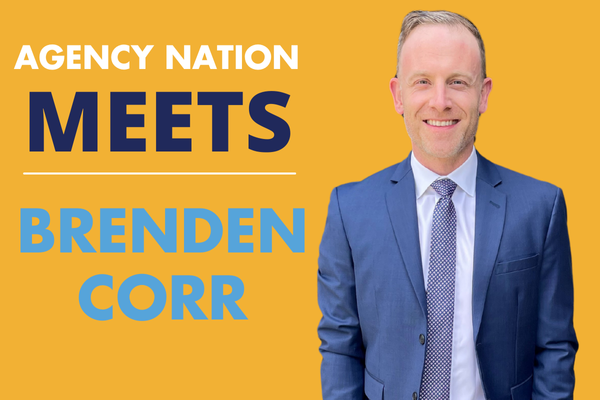How Volunteer Opportunities Can Relieve Employee Burnout
Embedding community service into your company culture provides multiple touchpoints throughout the year to energize employees and live your values.

Embedding community service into your company culture provides multiple touchpoints throughout the year to energize employees and live your values.

Recognizing the signs in a coworker is not about overstepping boundaries but about fostering a culture of empathy and care.

As hard as it may be to believe, the oldest wave of Generation Z is now hitting their late twenties. While Gen Z insurance needs are evolving, they’re not too different from their predecessors.

While more than 2 in 3 (69%) say the insurance industry is a great place to work and 4 out of 5 (81%) say they are satisfied with their job, high rates of burnout are threatening to dampen job satisfaction, according to Liberty Mutual and Safeco.

Rather than being wary or frustrated with the Generation Z workforce, employers who seek to understand them can offer a much more positive workplace relationship and ultimately benefit their company.

A thriving team can be the key to a smooth and successful transition during an acquisition, engaging with new leadership and contributing to the long-term success of the business.

As the co-founder of Project 55, a nonprofit launched in January, Brenden Corr is committed to reshaping how mental health is addressed in workplaces.

Most employees want feedback to improve their performance. Viewing it as a collaborative process can make the experience more positive for both parties.

In today’s changing workplace, long-term business readiness revolves around an organization’s ability to attract and retain diverse talent from a wide range of skill sets.

When it comes to planning for your agency’s internal perpetuation, there are numerous factors to consider, each requiring careful consideration and strategic discussion.
